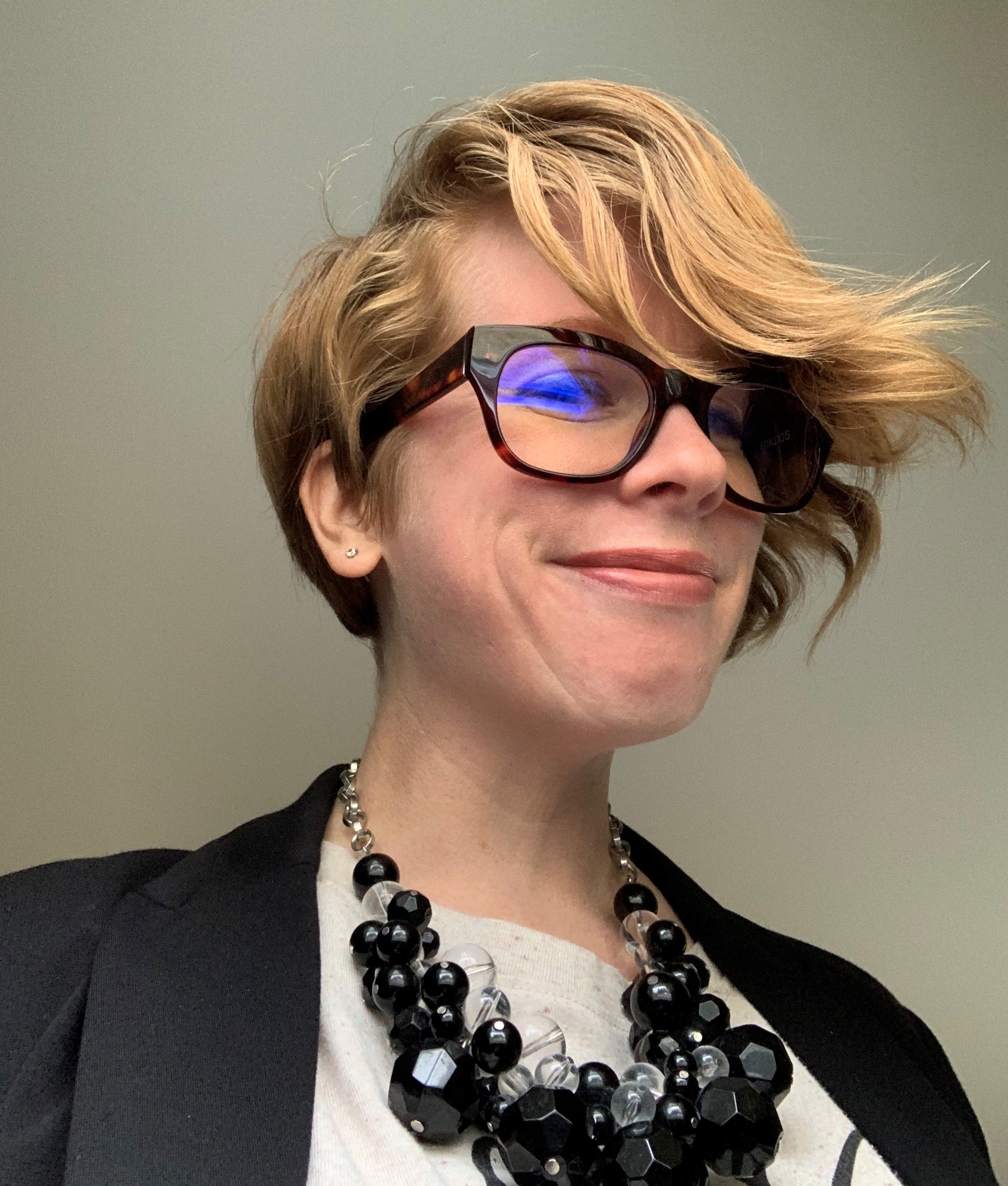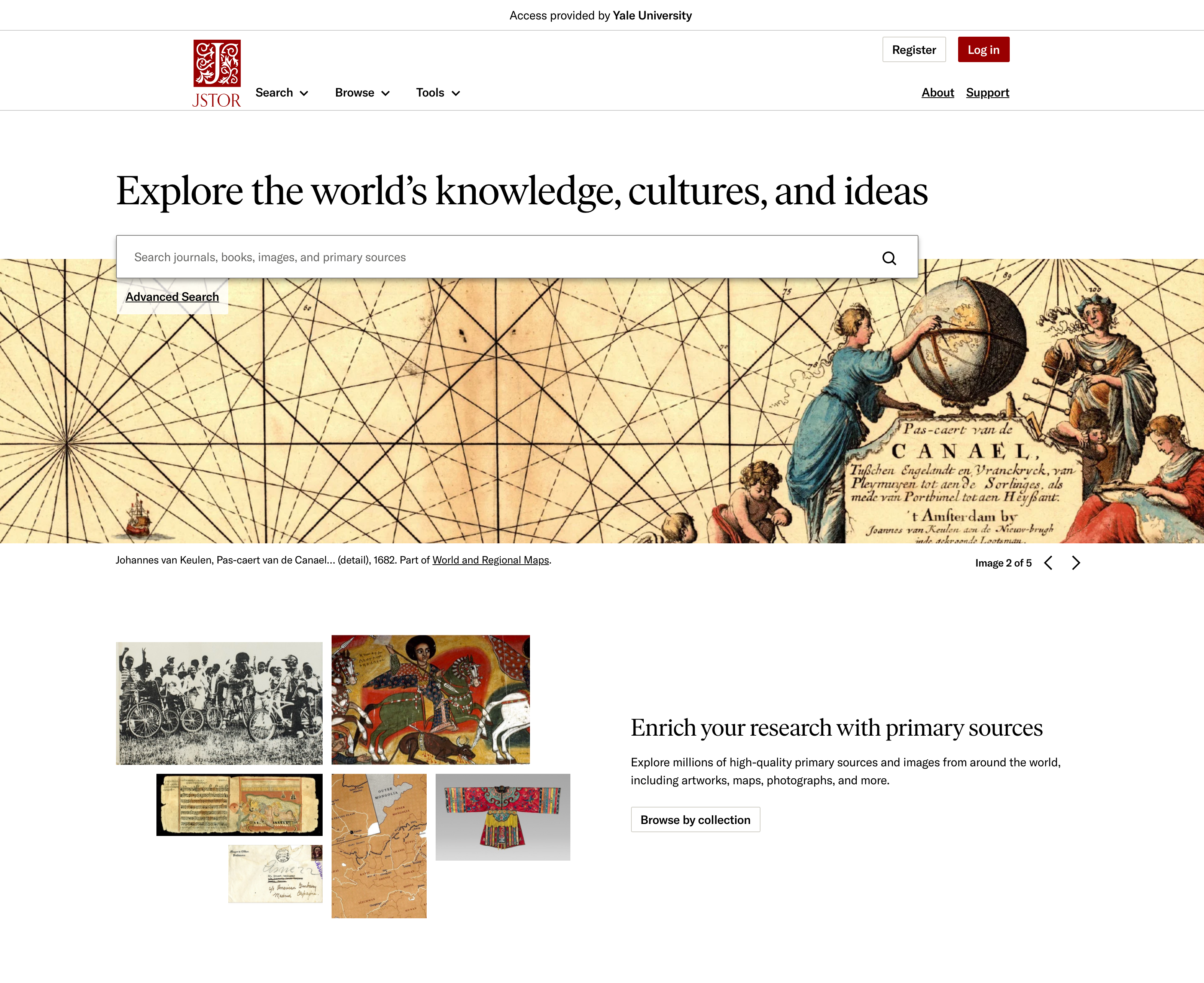
I consider libraries a valid form of therapy.
I spent most Saturdays as a kid wandering around the public library and have never really gotten over either the thrill or the comfort of being in a place entirely dedicated to books, a place that felt safe and full of possibility. This outlook translated well to undergrad life, where I got lost once during a Yale Precision Marching Band game of Capture the Flag in Sterling Memorial Library and considered that a positive development. I never felt the same way about Cross Campus Library – sorry, Bass – nearly as much as I did about Sterling, whose familiar distinctive smell and dark corners kept my allegiance, and among whose shelves I loved to aimlessly browse the arcane old Yale Collection books with the gilding worn off their dirty leather bindings.
(My affection makes a noted exception for Sterling’s 4 Wing, which I am 100% sure was the inspiration for the introductory shrieking-ghost scene in the original Ghostbusters and which can go pound sand.)
This is a roundabout way of coming around to the fact that I am still in love with libraries, and thanks to the Yale Library system’s structure of alumni privileges, I have been lucky and accustomed in my adult life to visit SML, or Beinecke, or Manuscripts and Archives, on a fairly regular basis for research.
By day I am a media and intellectual property attorney, but in my secret superhero life I am a historian of entertainment and media. With both hats on, I am interested in what we as individuals and a society do with our free time and money, how we shape popular culture, and how it in turn shapes us. I have a soft spot for the history of the American circus. I consider myself a scholar of the unusual, and have written about history's stranger corners for outlets ranging from Vanity Fair and Smithsonian to The Public Domain Review and The Atlantic. I’m currently working on a book about unusual performers in the 19th century and blog at a site called Drinks With Dead People, which strives to answer the old party question: If you could have a drink with anyone in history, who might it be?
 Which is to say I still need libraries as much as I did as a student writing seminar papers – if not more.
Which is to say I still need libraries as much as I did as a student writing seminar papers – if not more.
But, with COVID restrictions in place, I haven't been in a research library since February 2020. And I miss it terribly, because as I mentioned: This is an entirely valid form of self-care. (Plus, that archival smell!) So, it is at least a small consolation, though with no aromatherapy or cathedral architecture involved, that I can log on to the YAA website and access my favorite perk of alumni status: access to JSTOR.
Thanks to JSTOR and its wealth of journal articles, I’ve been able to write about P.T. Barnum, arsenic poisoning in historical courts, Tom Thumb weddings, and 19th century theater riots. And that’s just the beginning.
As an independent scholar, and without the oil-baron means to subscribe to every database on the planet, this is a tremendous resource. It allows sophisticated research to take place outside the university system, without significant cost. It offers a wonderful range of secondary sources on any topic you can think of. And while I happen to largely use it to find out things like whether 16th-century mountebanks actually ate toads (well, no, but their assistants did, and that’s why they and other obsequious helpers are called “toadies”), there are larger benefits: Access to JSTOR gives alumni in all sorts of professions and communities the opportunity to research and write about meaningful issues, whether for scholarship, to enhance their professional lives, or to pitch a persuasive op-ed of social importance. It brings information to more people, and potentially elevates more voices when that information goes to use.
That’s a good thing. Even if it doesn't quite smell the same.
***
Betsy Golden Kellem ’01 (Ezra Stiles) is a lawyer, a circus historian, and a scholar of the unusual. Catch up with her at www.drinkswithdeadpeople.com.




